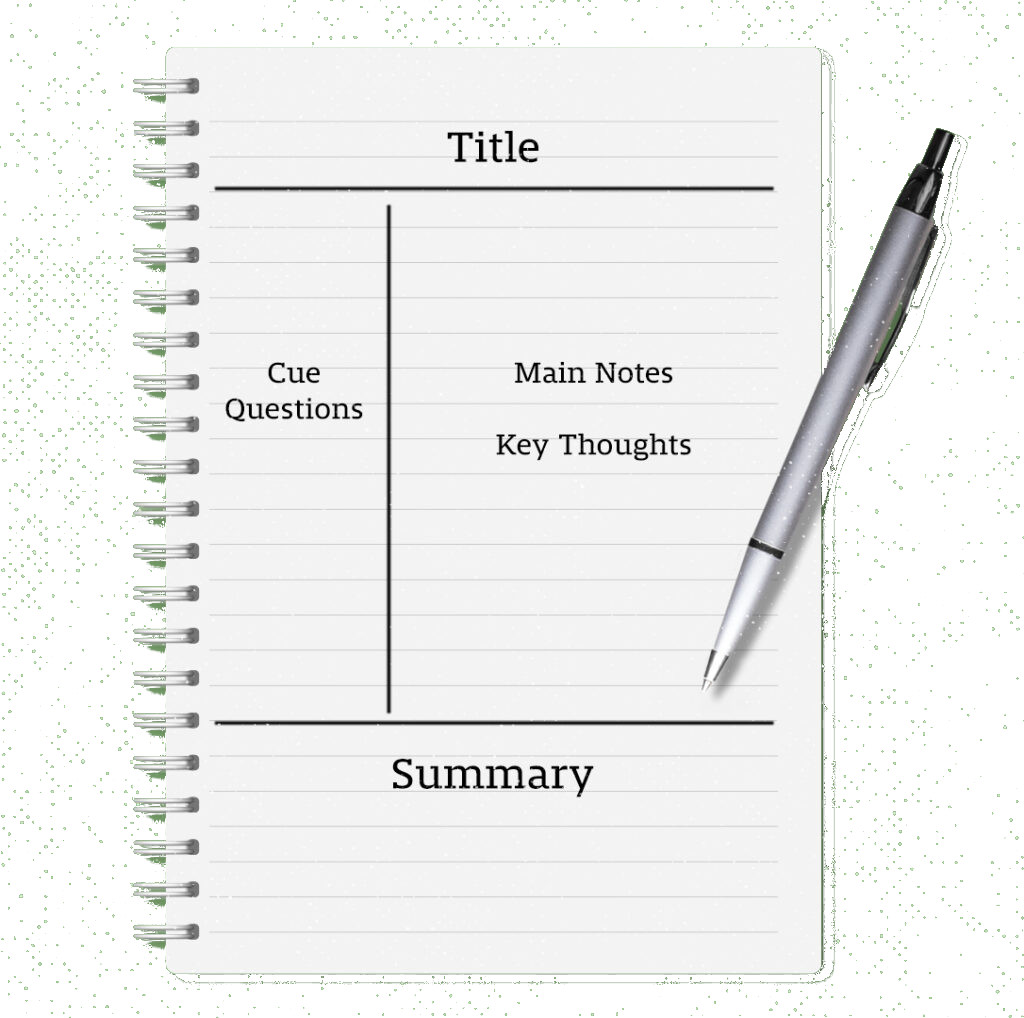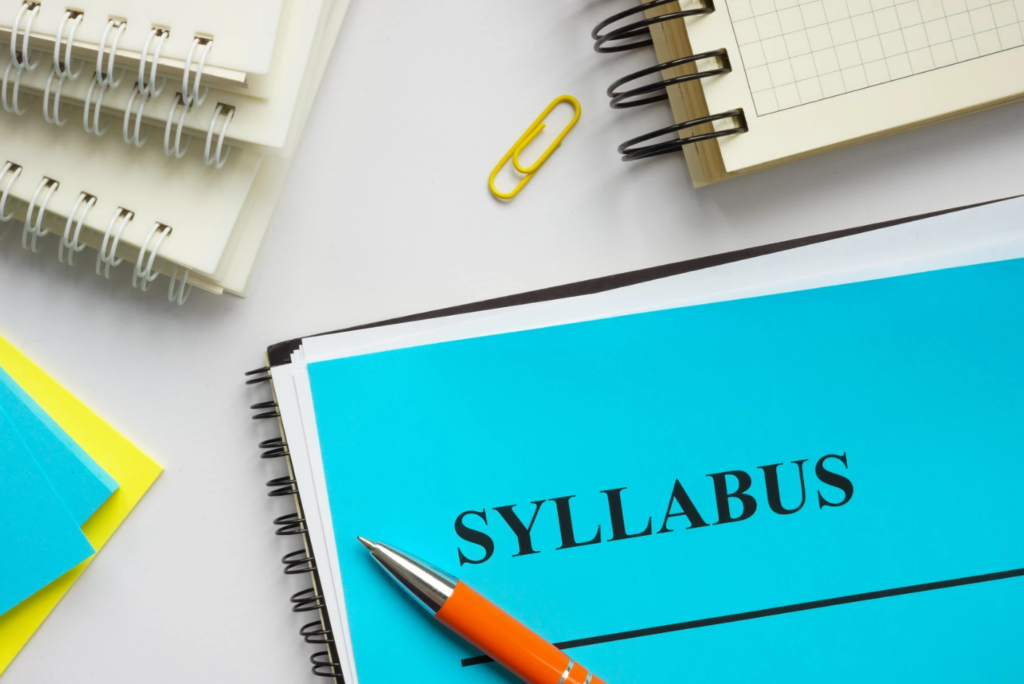Study Skills for GCSE Science

There is no secret to being a good pupil. The content taught at secondary, college and university can be successfully passed by pupils willing to put in the hard work necessary to meet their goals. Study skills include developing good reading techniques, study habits, preparing for exams, setting appropriate goals, joining study groups and working to improve your concentration level.
No two people study the same way or save material into their brains in the same way. Everyone is different and for some, the motivation to do well comes naturally, they are destined for achieving high grades, while for others it is a struggle to learn, retain and retrieve the KS3 material. There is hope for those who have trouble studying or want help improving their skills. Because success in secondary, college and university depends on the ability to perform in exam situations, which in turn depend upon study skills, study skills are critical to the success of every pupil.
The results of poor study skills are wasted time, frustration, failing grades and angry parents, and we don’t want to upset our parents, I mean, there’s nothing better than going home and telling them how well we’ve done!
There is no magic formula to developing great study skills. Studying any material requires work, time, effort and persistence. Effective study skills must be practised in order to improve and the process must be continued over time to continue to improve. The more you do it the better you’ll get.
Before beginning the process you must consider your schedule and developing a schedule that works for your lifestyle, family and situation is crucial. Some people have extracurricular activities that take up their outside-of-school time e.g. athletics, ballet, music etc. If you don’t have a schedule you are fulfilling the axiom – “If you fail to plan, then you plan to fail.” Planning your schedule is planning the process that leads to successful results.
Your schedule should account for the time you take off from studying e.g. social events, sleeping and free time. Any good schedule should be flexible and revisable. Give yourself a rough road map to follow and revise it as circumstances warrant. Study schedules are a valuable resource and should guide you in the allocation of time in the most productive manner.
You can study anywhere but most students have one or two places or conditions in which they find themselves the most productive. For instance, some pupils are more focused by using music, some find studying at the library helpful while others find that their desk without noise or distraction and studying at home works best. The choice is up to the pupil. But, pupils should try different places and conditions.
Study skills that must be developed, encouraged and defined are thinking skills, reading techniques, how to extract the right information and how to take and organise notes. Here are some quick tips to make the process simpler and easier:
- Study space should be quiet and peaceful but not encourage sleeping – so stay off the bed
- Keep everything you need for studying in one place so you can always find it
- Never study within 30 minutes of going to bed – your retention will be significantly less and you won’t be able to go to sleep as easily
- Prioritise what you must get done
- If it’s possible don’t study for more than 40-minute stretches. Students retain more information when they take short breaks, stretch, get the blood moving and reflect on what they’ve learned
- Get rid of distractions in the classroom by sitting in front of the class. Think during class and don’t ‘space out’ – think before writing anything down and pay attention to the outline or syllabus
- Pupils who want to improve their study skills do – those who are only doing it because others e.g. your parents, your teachers, require it do not do nearly as well. If you want to work harder and smarter you’ll reap the benefits. If you don’t want it you’ll be frustrated, aggravated and irritated with those who are asking you to make these changes
What do you think of this blog post? How do you study? Do you study at home, at your friend’s house or in the library? Do you like music playing? Let us know in the comments below.







Responses